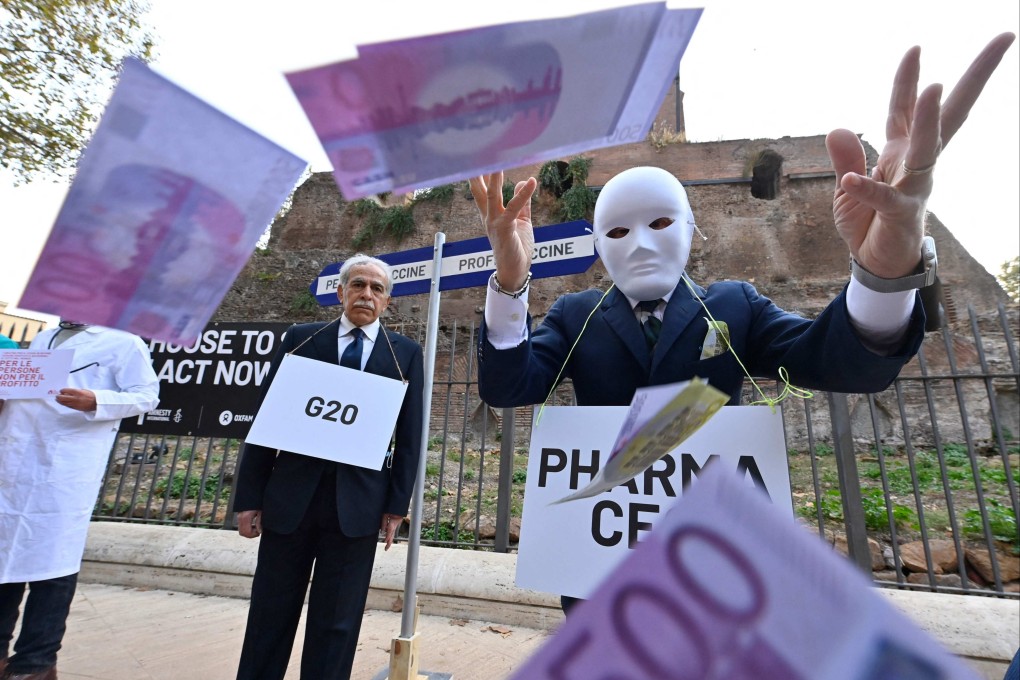Opinion | The world needs a summit to tackle climate and wealth inequalities
- The latest World Inequality Report highlights the historical and political roots of income and wealth inequalities and their correlation with climate change
- The least we can do is have a dialogue on how those who can afford to and who emit more carbon should pay higher taxes to foster a more inclusive world

Life is unfair but what can we do about it? The world continues to tolerate the growing injustice of inequalities in income, wealth and, most recently, vaccine distribution.
French political economist Thomas Piketty and his colleagues at the World Inequality Lab has just published the World Inequality Report 2022, a gold mine of data and insights. I found at least three nuggets.
Similarly, the richest 10 per cent take home 52 per cent of the global income, whereas the bottom 50 per cent earned only 8.5 per cent of it.
The neoliberal free-market philosophy preached low taxes and small government to encourage entrepreneurship, but effectively handed more income and wealth to the elite.
Piketty’s second historical insight is that Europe, and later America, got rich on the back of the Industrial Revolution and colonisation. In 1820, inequality between countries made up only 11 per cent of global inequality, meaning most of it was domestic.

